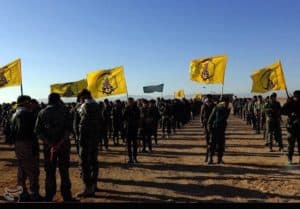

During World War II, approximately 140,000 men passed through the WOSBs. Prime Minister Winston Churchill had a deep distrust of the psychiatrists and their tests, but early batches of candidates voiced unanimously positive opinions of the tests. In response to the “officer crisis”, they devised War Office Selection Boards (WOSBs): two and a half days of intelligence tests, psychological “pointers”, and group tests, followed by interviews. With no experts on leadership to consult, the British Army turned to psychiatrists, experts on personality, to help them. But a couple of years into World War II, supply from this source was drying up and the British public were becoming dissatisfied with the method. Traditionally, Officers of the British Army came from wealthy families and private schools, and simply underwent a brief interview to be confirmed as “officer material”. Their work continues to have an impact on recruitment today. In 1942, psychiatrists from the Tavistock Group and soldiers in the British Army embarked upon an experiment to find a better way to choose leaders. We hope to see you there to reflect on the history and contemporary use of psychology testing, the science of selecting soldiers in WWII, and the growth of social sciences in post-war Britain. In the Reading Room, Wellcome Collection.Ī discussion will follow to question, challenge, and debate how we ‘test’ in society, and what value testing has. Test your mettle through a combination of individual and group tests, including word association, thematic apperception, and some moustaches that Henry Wellcome himself would have been jealous of.

LONG WAR OFFICERS SERIES
Using materials uncovered in the Tavistock Institute archive, join us for a series of events to recreate war period psychology recruitment methods. Why were psychological tests used in WWII for selecting war officers? How does going through the testing process make you feel?


 0 kommentar(er)
0 kommentar(er)
